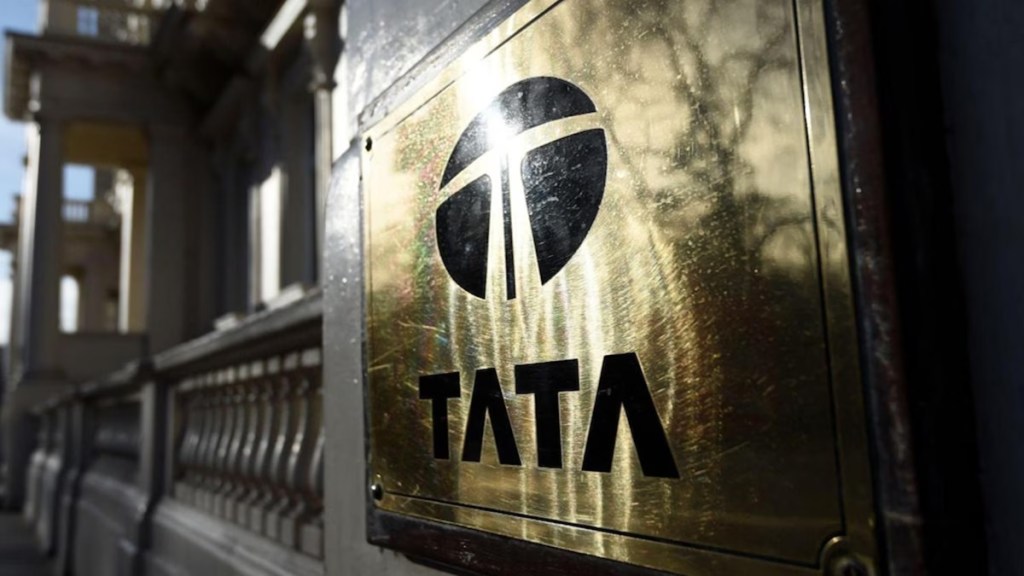In a clear break from the past, Tata Trusts has reportedly decided to make the board members of two of its largest entities trustees for life. This means the trustees won’t retire after three years unless reappointed, as was the practice earlier. That’s not all. Unanimous consent of the board members is now necessary for appointment as a new trustee, according to a report this week. If these are correct, the two trusts would be prime examples of India’s countless cosy old boys’ clubs.
Conventional wisdom says this shouldn’t matter as a philanthropic trust has every right to choose the how and why of running its operations. In any case, as public charitable trusts registered under the Maharashtra Public Trusts Act, Tata Trusts has every right to appoint trustees for life. But there is a catch here: Sir Dorabji Trust and Sir Ratan Tata Trust own over half of Tata Sons, the Tata group’s holding company. And their sway over the appointment or removal of Tata Sons chairmen is too fresh in public memory.
Tata Sons houses the group’s stakes in around 14 listed companies; it also owns unlisted businesses such as Air India and others that tap into India’s high-tech manufacturing ambitions. The investors in at least the group’s listed companies have the right to know the reasons for the two critical changes in the tenure of the trustees who appoint one-third of the directors to Tata Sons with veto power over board decisions.
Due to its charitable status, Tata Trusts earlier lacked direct voting rights and was overseen by the charity commissioner. However, in 2000, Ratan Tata successfully advocated for a government amendment that granted the trusts full voting control, a significant development that restored their influence over Tata Sons and the broader organisation. Before he retired in December 2012, Tata also ensured that the trusts had tightened their grip over Tata Sons. The Articles of Association relating to the appointment and removal of future chairpersons were revised, so that all appointments and removals of directors had to be cleared by the trusts.
It is by now well known that even after stepping down as Tata Sons chairman, Ratan Tata retained significant power through his chairmanship of the Tata Trusts. He remained in regular contact with his successor, who sought his input on significant decisions through emails, letters, and regular meetings at Bombay House. To Tata, Tata Sons’ position as the controlling shareholder in all listed Tata groups meant that the holding company’s board should be consulted on all key decisions — and that the Tata Trusts, in turn, should be kept in the know, given their status as the majority shareholder.
Nusli Wadia, once one of Ratan Tata’s closest friends and who later had a fallout with him over the removal of Cyrus Mistry, had once said that when Tata asked him for his views on choosing his successor, his cynical response was: “All you have done is move the power centre from the board to the trusts.” This suggests that the Tata Trusts without a doubt exert unparalleled power over Tata Sons’ functions.
There is another important issue, which new chairman Noel Tata would do well to ponder over: Why trusts set up for charitable purposes and claiming tax exemption status should be allowed to control one of India’s largest industrial empires? Observers have repeatedly questioned the present group structure, where charitable trusts hold controlling shares in the group holding company of the country’s largest business house and, therefore, exercise effective control of all the operating companies. These, in turn, own shares in the holding company, with no apparent benefit for their shareholders. The opaqueness inherent in this, and the ensuing lack of accountability, has caused questions to be asked about why Tata Trusts should continue to enjoy unique privileges in terms of corporate ownership.
Charitable trusts were anyway prohibited from owning shares in companies several decades ago. However, an exemption was given to a few big trusts including the Tata and Birla trusts. Today the continuance of those exemptions makes no sense. So correcting the legal anomalies that gave a special status to the Tata Trusts by introducing a sunset clause is a necessary action.
The other issue that the new chairman should look at is whether it’s a prudent decision to keep the status of Tata Sons as an unlisted entity. An opportunity came after the Reserve Bank of India categorised Tata Sons as an “upper layer” non-bank financial company. That effectively required it to list within three years — by September 2025. But Tata Sons has reportedly become a debt-free company to avoid listing. One potential concern apparently is that Tata Sons’ listing will highlight the special treatment its owners — Tata Trusts — receive, and whether that is still deserved.
This may be sound legal advice, but Tata Sons, considered to be one of India’s crown jewels as far as corporate transparency is concerned, should not be seen to be so desperate in trying to skirt the IPO route. Most importantly, Spark Private Wealth Management is absolutely correct in saying that listing of Tata Sons would help simplify the complicated group holding structure of the Tata Group, increase investor transparency, and enable some of the listed holding companies to liquidate its holding within the giant parent conglomerate.
Cross-holdings have been a concern for investors for a while and a simplified structure enables Tata Sons to have better control over the promoter (controlling shareholder) votes on shareholder resolutions. Additionally, unwinding the cross-holdings will enable Tata companies to monetise some of their holdings in the group. A simpler structure would also be in synergy with Tata Sons’ publicly stated mission of streamlining the group’s complicated shareholding structure, hoping to unlock value at its subsidiaries.
Ratan Tata worked till the end to make the Tata group a transparent organisation. His successor bearing that famous surname would surely strive to take his half-brother’s unfinished task forward.

